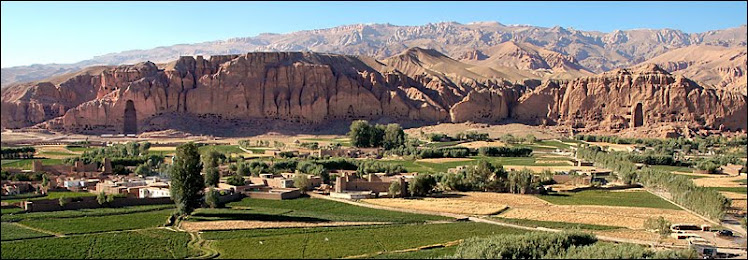Will US arms fix Syrian 'problem from hell'?
US intelligence agencies have now
determined that the Syrian government has used chemical weapons and in so doing
has crossed a red line set by President Barack Obama himself.
The president now intends to provide direct US military support to the Syrian rebels.
Nonetheless the US decision is still characterised by the caution that has pervaded the Obama administration's handling of the Syrian crisis - a reflection of continuing divisions about what to do and the likely consequences of any actions.
US policy may be changing but as yet we are still not that much clearer about what exactly Washington is going to do.
Is there for example going to be some clearer public revelation of the evidence on which this policy shift has been based?
In April we were told that US intelligence agencies "had varying degrees of confidence" that the Syrian regime was using chemical weapons. The authorities in Paris and to an extent in London have been more forthright.
Now the US assessment is closer to theirs.
There is now "high certainty," according to Mr Obama's Deputy National Security Adviser Benjamin Rhodes, that Syrian government forces have "used chemical weapons, including the nerve agent sarin, on a small scale against the opposition multiple times in the last year".
So what has changed? Is there compelling new evidence? And will a public case for this evidence be made?
This leads inevitably to the crucial question of what the US will actually do.
Initially US support looks likely to involve the supply of light arms and ammunition.
Mr Rhodes says that the president has not made any decision to pursue a military option, such as a no-fly zone, and he has ruled out the deployment of US ground troops.
Requests from the opposition for anti-tank and anti-aircraft weapons are, we understand, still a matter of discussion.
Thus the US response to President Assad's apparent crossing of a "red line" seems tentative at best.
As ever it raises more questions than answers.
Will arming the rebels succeed?
The pattern of the fighting remains mixed on the ground,
but it is clear that the opposition suffered a serious reverse at Qusair and
government forces and their allies are advancing on Aleppo.
But are these set-backs due to lack of weaponry or poor training and coordination?
The opposition forces have been getting significant quantities of weaponry already, brokered by their backers in the Gulf and elsewhere. What difference will US arms supplies make ?
What if it does not?
If US arms supplies do not alter the balance - it may be that the intervention of well-trained and motivated Hezbollah troops on the government side has been the real deciding factor in recent combat - what then?
Will more sophisticated arms be supplied?
Will this require active US training?
And is this the start of a slippery slope towards more direct intervention?
Can "blow-back" be avoided?
Western spokesmen have spoken confidently about ensuring that any supplied weapons go to moderates and do not end up in the hands of Islamist groups linked to al-Qaeda. But what is the value of such assurances?
Is this one of the reasons why more sophisticated weaponry like anti-aircraft
missiles are not being considered for now?
How might
supplying arms impact upon the chances for a negotiated settlement?
The view in Washington, Paris and London is that the goal is still to get government and opposition in Syria around a negotiating table in Geneva.
But will the US decision be a fatal blow to the chances of a peace conference - at least for the immediate future?
What will be the Russian government's response?
The stage has been set for some interesting discussions at the forthcoming G8 meeting early next week in Northern Ireland.
President Barack Obama's caution is understandable. But there are vocal lobbies in the US insisting that he should do much more.
The stakes are huge. Syria is at the epicentre of so
many of the region's problems.
A spill-over of the crisis could prompt a regional war drawing in Lebanon and maybe Israel.
Fracturing boundaries could extend the crisis to Iraq and maybe overwhelm Jordan.
By acting to arm the Syrian rebels Mr Obama may be assuming a moral responsibility for their fate that he is unable to discharge.
More weaponry, some critics say, will simply prolong the fighting and the bloodshed.
No wonder then that some have likened the Syria crisis to "a problem from hell".

No comments:
Post a Comment